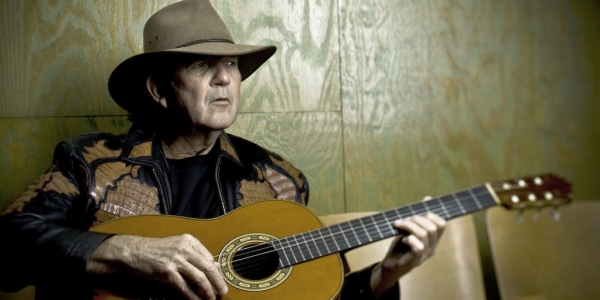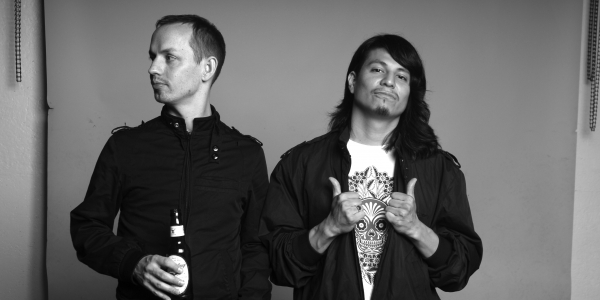“It was an easy going life, but the work was hard,” White recalls when asked what life was like growing up in Oak Grove. White lived in what he describes as a ‘shotgun house’. “It’s a wooden frame house with tin roof,” he explains. “You could sit on the front porch and shoot a shotgun straight through the back door – that’s why it’s called a shotgun house,” he says in his distinctive southern drawl.
White was about 15 when his brother brought home a Lighting Hopkins record. Up ‘til that point White had been immersed in the gospel music common to his local area; upon hearing Hopkins’ take on the blues, White’s musical world was changed forever more. “After I heard that record, from then on my guitar playing was really influenced by the blues,” he recalls.
After playing at various venues in the south, White eventually signed with a Nashville record company and released the now classic Soul Francisco. Not long after, White cut Polk Salad Annie and Rainy Night in Georgia; according to reasonably reliable statistics the latter tune has been covered about 150 times. “Last year someone from EMI told me that there were 148 versions of the song,” White says proudly. “Then I heard that Rod Stewart and George Benson had cut another version, so that makes about 150 now.”
A long-time favourite of both Stewart and Benson, White was flattered to have his song covered by the two seasoned musicians. “I really love Rod Stewart’s style, and George Benson’s guitar, so I was honoured they covered the song.”
White has never been one to rest on his laurels, touring frequently in Europe and Australia, and releasing records at a regular rate. White’s latest record, The Shine, released on his own Swamp Records, saw him move away from the star-studded lineups he’d featured on records such as Heroines and Deep Cuts. “For this record we just used drums and bass – we used stand-up bass on a lot of songs,” White says.
“The songs were really fresh. My wife and I had written a couple of tracks before we went in the studio, but the rest we just went into the studio, turned on the tape and saw what happened,” he nods. “There were no real rehearsals – and we came out with a real live, fruitful sound.”
White has been writing songs in concert with his wife Leann for many years. Leann, a published writer in her own right, offers White the occasional set of lyrics for his fledgling blues tracks. “She’s written poems and short stories, and she’s always liked the blues,” White explains. “Sometimes she comes up with words that I really like and I just put them to some music.”
White also figures his approach to writing music hasn’t changed significantly in 45 years of playing and recording. “It’s pretty well stayed the same,” he chuckles. “About 80% of the time I’ll start with a guitar lick, and that usually stays with me for a few weeks, and then I’ll add a few more licks. I’m kind of like a receiving station, just waiting for music to come to me,” he laughs.
The other familiar connection with White’s music comes via his son Jody. After White’s former manager Roger Davies announced his decision to spend more time with his family, Davies suggested Jody as the ideal replacement candidate. “Jody picked up from when Roger said he wanted to spend more time with his kids,” White explains. “Jody had been doing publishing, and he was starting to spend more time in the studio. Roger said ‘hey, you’ve got the perfect guy to be your manager’,” White remembers. With a few other acts on his managerial roster, Jody White has plenty to occupy his time. “Jody’s been really important to me,” White says. “He’s got three others that he’s managing, so he’s a really busy man.”
Despite his prodigious reputation in Europe, and in Australia, White remains something of a lesser-known prophet in his home country, his music known best in the passionate blues music communities. Having first tasted commercial success in Europe in the early 1970s, White tours Europe at least once a year, supplemented with regular sojourns down to Australia. White compares the crowds, and associated attitudes, in Australia to his early days in Louisiana and Mississippi. “When I go down to Australia, the crowds seem just like they did back in Louisiana and Mississippi,” he says.
White identifies a nexus between his music and the Australian psyche that he believes underpins his ongoing association with Australia. “There’s a freedom to my music, and there’s a freedom to the people in Australia,” he muses. “I think Australian audiences can sense the realness of the music.”

